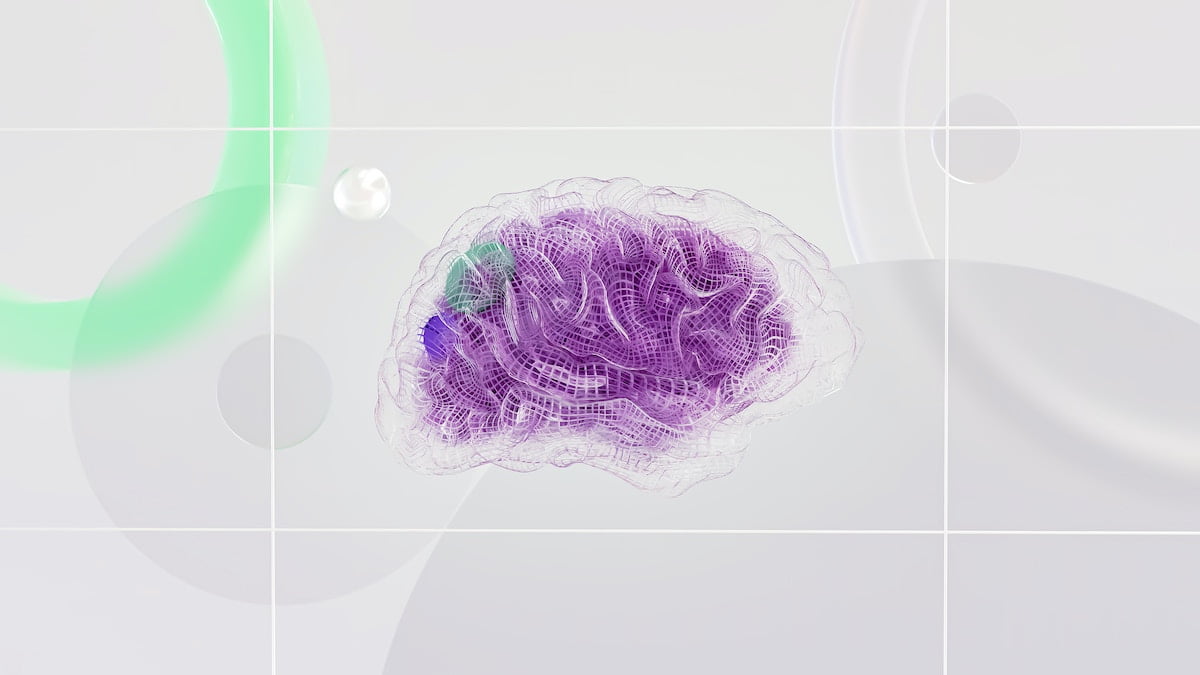While psychedelic research has, to date, largely focused on mathematical modelling and resting-state neuroimaging, cognitive neuroscientists are bringing new rigour to the field through the use of behavioural and clinical studies to investigate the cognitive effects of psychedelic drugs, says Johns Hopkins University.
A symposium, “Altered States of Cognition: The Acute and Persisting Consequences of Psychedelic Drugs on Cognition” took place in San Francisco on March 28, as part of the Cognitive Neuroscience Society’s (CNS) 2023 annual meeting.
At the conference, Natasha Mason of Maastricht University and Manoj Doss of Johns Hopkins University presented studies investigating psilocybin and creativity and how psychedelics influence episodic memory, respectively.
Doss stated: “Despite psychedelics having some of the most interesting subjective effects of any psychoactive drug, they’re generally being shown to impair cognition like most psychoactive drugs.
“One reason for this is that cognitive neuroscientists have been less involved with this work, so when the impact of psychedelics on cognition is measured, the tasks tend to be relatively simple and outdated.”
“There are massive over-arching gaps in our knowledge regarding psychedelics and cognition,” added Mason.
“There is a huge surge of interest in these substances therapeutically, but until now, there has been no neurocognitive account that ties acute and persisting psychedelic-induced changes in cognition with long-term therapeutic response.”
Cognition
Mason’s work investigated whether a moderate dose of psilocybin affects creative cognition, looking both at the acute and persisting effects.
“I find it quite an exciting study, as despite this historical association between psychedelic use and creativity, it is the first modern trial to assess this in a scientifically rigorous way,” she stated.
Johns Hopkins highlights that many people have anecdotally reported enhanced creative capacity after psychedelic drug use, and that psychedelic-assisted clinical trials have been used to treat a range of disorders characterised by extremely inflexible thought patterns, noting the premise that the psychedelic experience can provide therapeutic relief by breaking patients out of their rigid, maladaptive thought patterns.
Mason’s double-blind, placebo-controlled study, found that psilocybin increased ratings of spontaneous creative insights while also decreasing deliberate, task-specific creativity.
It also found that novel ideas increased seven days after the psilocybin exposure, with brain imaging supporting the behavioural changes in creativity.
Mason stated: “If there is a persistent, subacute change in creative cognition, maybe we can use this period to help people integrate their acute insights with a therapist, and come up with new, more effective strategies that facilitate adaptive interpretation and coping abilities.”
Memories
Doss’ work with psychedelics is focused on human memory and reconsolidation – reactivating memories to make them more fluid in order to help patients suffering from disorders like depression and post-traumatic stress disorder (PTSD).
“Unfortunately, reconsolidation paradigms in humans have not exactly led to clinical breakthroughs, but one reason may be that complex memories maintained over several years are not easily rendered labile,” Doss stated.
John Hopkins highlights that this is where psychedelics could come into play, by potentially inducing plasticity in the cortex, but that before scientists can test psychedelics’ role in reconsolidation, they first need to better understand how the drugs affect various aspects of memory.
Doss and colleagues looked at 10 datasets from studies investigating how psychedelics influence episodic memory, finding that, while psychedelics such as psilocybin and MDMA impair the encoding of memories that rely on recalling specific details, they can enhance the encoding of memories that rely on familiarity.
This differs from hallucinogens like ketamine, which appear to impair both types of memory encoding.
Doss stated: “Interestingly, non-drug studies have found that when recollection fails and familiarity is high, peculiar phenomena emerge, reminiscent of someone on psychedelics, such as déjà vu and premonition.
“Although psychedelics may actually help some come to tangible insights, much of the psychedelic experience might be turning up the gain of such feelings of familiarity or insight, and like non-drug studies that can induce such feelings through cognitive manipulations, these feelings can potentially be misattributed to unrelated stimuli or ideas, giving rise to false memories and illusory insights.”
According to Johns Hopkins, this new work suggests that psychedelics may enable the brain to bypass or minimize the need for the hippocampus – an area of the brain that is thought to help mediate how the cortex learns, with more “permanent” memories arising from regular representations across episodic memories.
“Having a negative sense of self or a defining traumatic moment may thus come to be coded in the cortex, especially after years of suffering,” Doss added.
“And maladaptive representations may be particularly difficult to disrupt when new information coming in is biased by a negative sense of self and recent negative experiences,” noting that “psychedelics thus could provide an opportunity to “rapidly overwrite maladaptive memories and perhaps even provide a fresh set of contextual influences that aid new encoding even once one is sober.”
Doss cautions that there is still much to be developed – in terms of understanding the impact of psychedelics on memory and cognition, as well as the intersection of psychotherapy and drugs.
“Although there are therapists in the room that may provide support during difficult moments, there’s no formal therapy during the acute effects, and participants are encouraged to ‘direct their attention inward,’” Doss stated.
Doss stated that he sees the future of research testing how certain types of therapy or stimuli could assist in psychedelic-induced therapy sessions, as well as developments with the drugs themselves becoming more targeted toward specific desired effects or time courses.

 Opinion2 years ago
Opinion2 years ago
 Insight3 years ago
Insight3 years ago
 Medicinal2 years ago
Medicinal2 years ago
 Medicinal2 years ago
Medicinal2 years ago
 Research2 years ago
Research2 years ago
 Markets & Industry1 year ago
Markets & Industry1 year ago
 News3 years ago
News3 years ago
 Medicinal2 years ago
Medicinal2 years ago


















